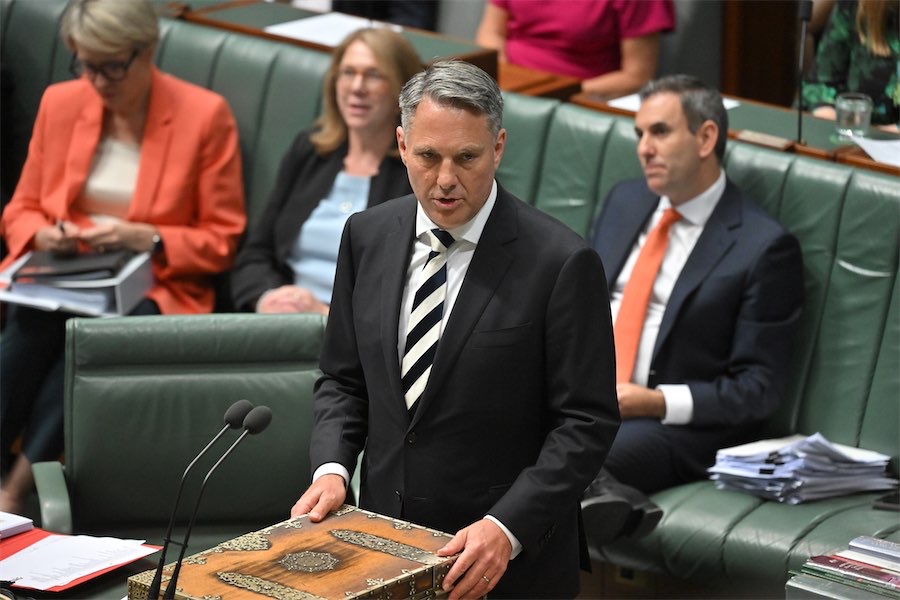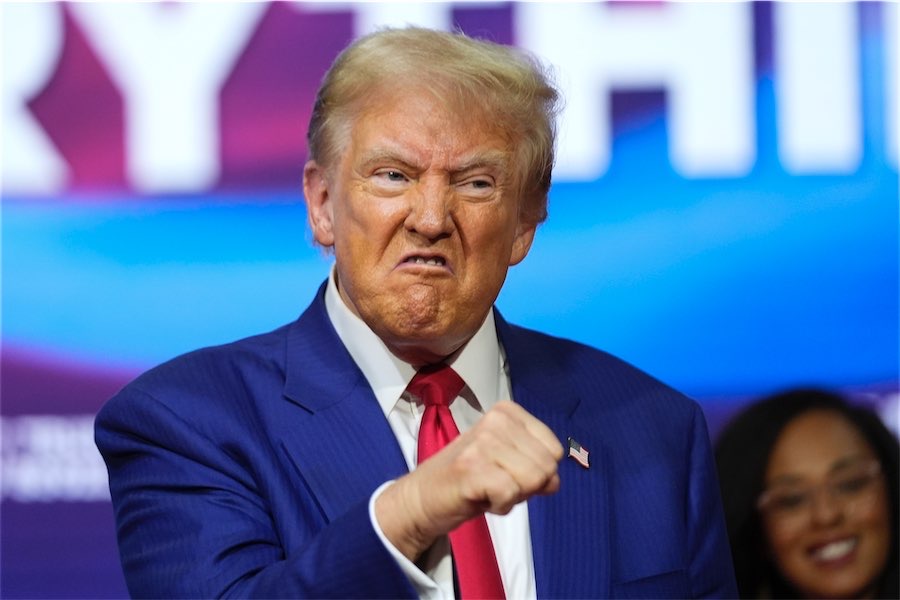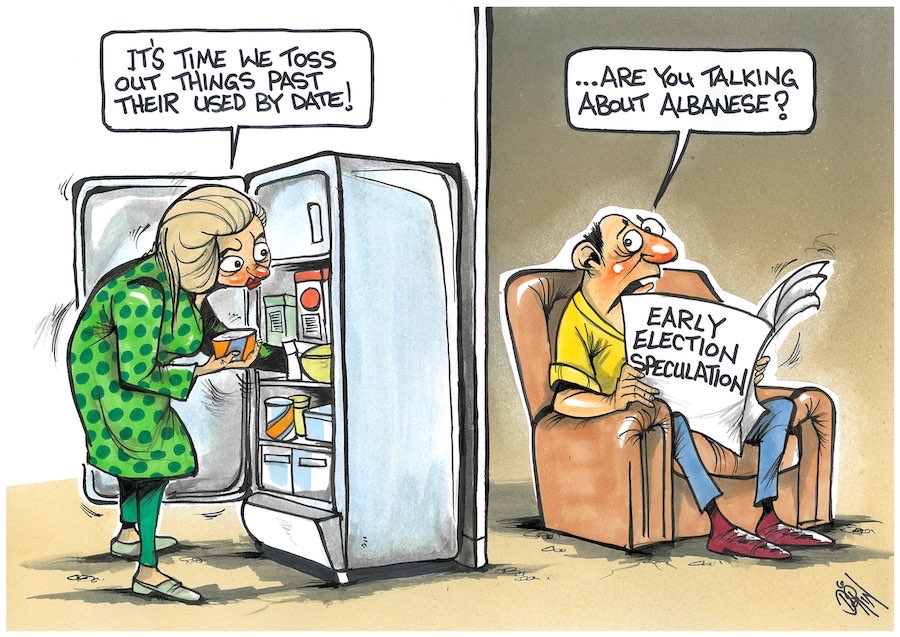
“There are now 11 indigenous members of the federal parliament providing a unique contribution. However, this voice does not have to rule out a separate ‘Voice to Parliament’ as outlined by the prime minister,” writes political columnist MICHAEL MOORE.
“COMMON decency” was the term used by Prime Minister Anthony Albanese in attempting to secure support for his approach to an Aboriginal and Torres Strait Islander “Voice to Parliament”.
His approach implies that opponents will be lacking in decency. Although the chances of success are improved by his own commitment and leadership, there is a bumpy road ahead for the referendum.
One of the key issues that the prime minister will have to deal with is the range of views within the indigenous community. There are notable indigenous Australians who provide an alternative view to the majority view in favour of the “Uluru Statement from the Heart” and a formal voice to parliament.
A Liberal-Country Party senator from the NT brought this message home clearly in her first speech to the Senate. Jacinta Nampijinpa Price is a Warlpiri woman who has pointed out that, along with 10 other indigenous parliamentarians, she already provides a voice to the parliament.
She also emphasised that not all indigenous people support the “Uluru Statement from the Heart”. Her approach illustrates some of the challenges for the prime minister. It will fuel negative consideration within the Liberal Party on this issue. It sets up the real possibility of party political opposition rather than consideration of the issue by each member on merit.
As Senator Price pointed out: “I personally have had more than my fill of being symbolically recognised”.
She went on to say that it is the same “platitudes of motherhood statements from our now prime minister, who suggests, without any evidence whatsoever, that a voice to parliament bestowed upon us through the virtuous act of symbolic gesture by this government is what is going to empower us.
“It would be far more dignifying if we were recognised and respected as individuals in our own right who are not simply defined by our racial heritage but by the content of our character”. Powerful, important and influential words.
Since the election there are now 11 indigenous members of the federal parliament providing a unique contribution. However, this voice does not have to rule out a separate “Voice to Parliament” as outlined by the prime minister.
Although Senator Price seems to consider the two mutually exclusive, and has argued accordingly, there are certainly many other views within the indigenous and non-indigenous communities who think both have a place.
The design of the “Voice” and how it is communicated will be critical and must go beyond the basics revealed recently by Albanese.
The chancellor of the University of Canberra, Prof Tom Calma was the co-chair of a design panel for a “Voice” with Marcia Langton. They were appointed by former Indigenous Affairs Minister Ken Wyatt. These three indigenous leaders are long-term, strong supporters of the concept. Calma had originally hoped for a “Voice” to be legislated rather than taken to a referendum as he saw this as the swiftest way to implement the intention of the “Uluru Statement from the Heart”.
Former Aboriginal and Torres Strait Islander social justice commissioner Mick Gooda, who was on the same advisory panel, is also a strong supporter. He has argued that a positive result from the referendum would “change the conversation”. He pointed out that “the conversation changes when we are in the room” and added that the “Voice” will “change the conversation because we are there”.
However, Calma also has concerns about the format of the “Voice”. He pointed out in an interview with political columnist Michelle Grattan recently that the consultation process revealed the importance of a voice at “local and regional level, because that is where the action takes place”. He added that the referendum “is only about Commonwealth legislation and not about state and territory legislation”.
The Calma interview emphasises that Aboriginal and Torres Strait Islanders “don’t always speak with the same voice and we have different experiences, we represent different demographics and so forth”.
However, unlike Price, Calma sees this diversity as being a strength: “It is not about usurping the role of any existing organisation. It would be about partnership, it’s about capacity development, it’s about inclusion.” It is an argument that ought to win support for the referendum.
Michael Moore is a former member of the ACT Legislative Assembly and an independent minister for health. He has been a political columnist with “CityNews” since 2006. There are more of his columns at citynews.com.au
Who can be trusted?
In a world of spin and confusion, there’s never been a more important time to support independent journalism in Canberra.
If you trust our work online and want to enforce the power of independent voices, I invite you to make a small contribution.
Every dollar of support is invested back into our journalism to help keep citynews.com.au strong and free.
Thank you,
Ian Meikle, editor





Leave a Reply